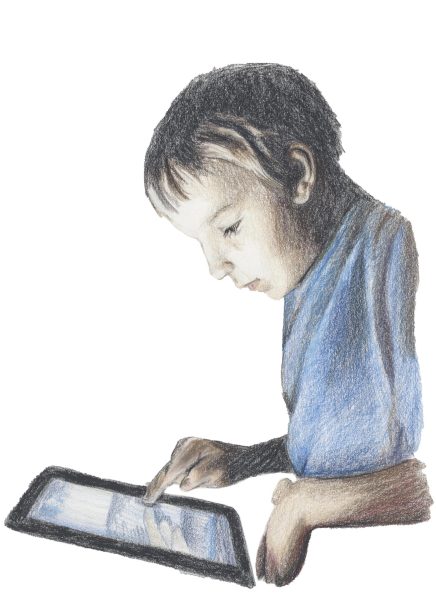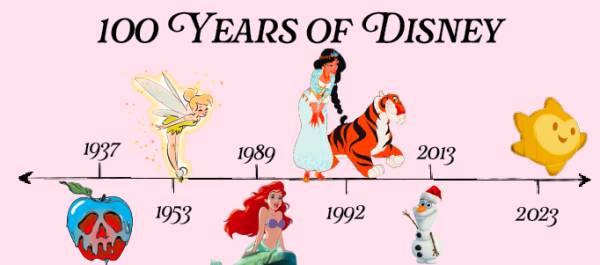Losing Touch
May 18, 2017
It’s funny how phones and Instagram followers rule kids’ lives today. Posting online is more important than talking in person, and everything we think about has roots online.
Could we even begin to imagine a life without checking our Instagram, or keeping our streaks on Snapchat?
Is there a world where trends and songs aren’t based off of social media and hand games and challenges aren’t inspired by a YouTuber?
It wasn’t so long ago that we didn’t need to rely on popularity online. Before the iPhone, it was hand games and sing songs that our lives revolved around.
It was songs like “Happy Llama Sad Llama” and “Slide Slide Slippery Slide” that I know a portion of my childhood was spent annoying my parents with. These songs spread from fifth grader to fifth grader in a matter of months, simply through repetition and mimicry.
Words like cell phones, YouTube accounts, and social media held no meaning to the children before the era of technology. The only purpose a cell phone served was to take blurry photos and to text parents. Gradeschoolers communicated solely through passed notes and secret lunch meetings. Everyone had their “secret-handshake” — a blur of claps and fist bumps woven into a complex and intricate display of friendship, as cheesy as that sounds. But nonetheless, there was still that living network of repetition and mimicry that could spread a hand game faster than an airborne disease.
Unfortunately, this network began to dissolve as the world transitioned from having kids with secret handshakes to kids with secret passwords to their social media accounts. Now it was “likes” and “thumbs ups” instead of conversations and personal interaction. The age of social media had arrived, bringing with it Internet trends and celebrity news.
Now, posts and videos could be spread across the globe in minutes. And, as more children logged into social media accounts, the personal network that ran from kid to kid began to slowly decay. In a matter of years, we had lost the social interaction that used to be the center of our elementary school lives.
So how is it that we can go so quickly from spreading rhymes and songs through association and a kid-powered interaction that relied on natural, physical contact, to an online world that depends on what could be displayed on a two-and-a-half-by-four inch phone screen?
Now it was ‘likes’ and ‘thumbs ups’ instead of conversations and personal interaction. The age of social media had arrived
Have we really evolved to rely more on what we can share online than what we share with our family and friends? Social media serves a purpose — call it what you will, advertisement, appreciation, publication — but it has begun to invade our personal lives to a point where we choose to conversate through Snapchat and iMessage rather than conversate through voice and personal interaction.
Some argue that social media is a good thing, and we should be using it to the best of our abilities. This is true — social media is not something we need to completely eradicate, it’s merely something we should keep in check.
The age of technology is progressing farther and farther every day, but as long as we keep one eye off the screen and on the world around us, we can find that nice balance between the real world and the virtual world.
Unfortunately, as more and more kids discover what it’s like to have the virtual world right at their fingertips, they are setting themselves up for a life online. To them, “Happy Llama Sad Llama,” and “Slide, Slide Slippery Slide” aren’t the center of their attention, its the other world in their pockets.
Their lives don’t revolve around the social interaction that they used to — there are no secret handshakes, no lunch meetings, no sing-songs or hand games. At least, not in person. It’s just Instagram and Snapchat and all things online.
By introducing touch screens, we’ve lost the feel of real conversations and personal interaction. But we live and breath in a physical world, not one in the cloud. While we shouldn’t stall technical advancements, we should always keep one eye on the world outside the screen of our cell phones.

















